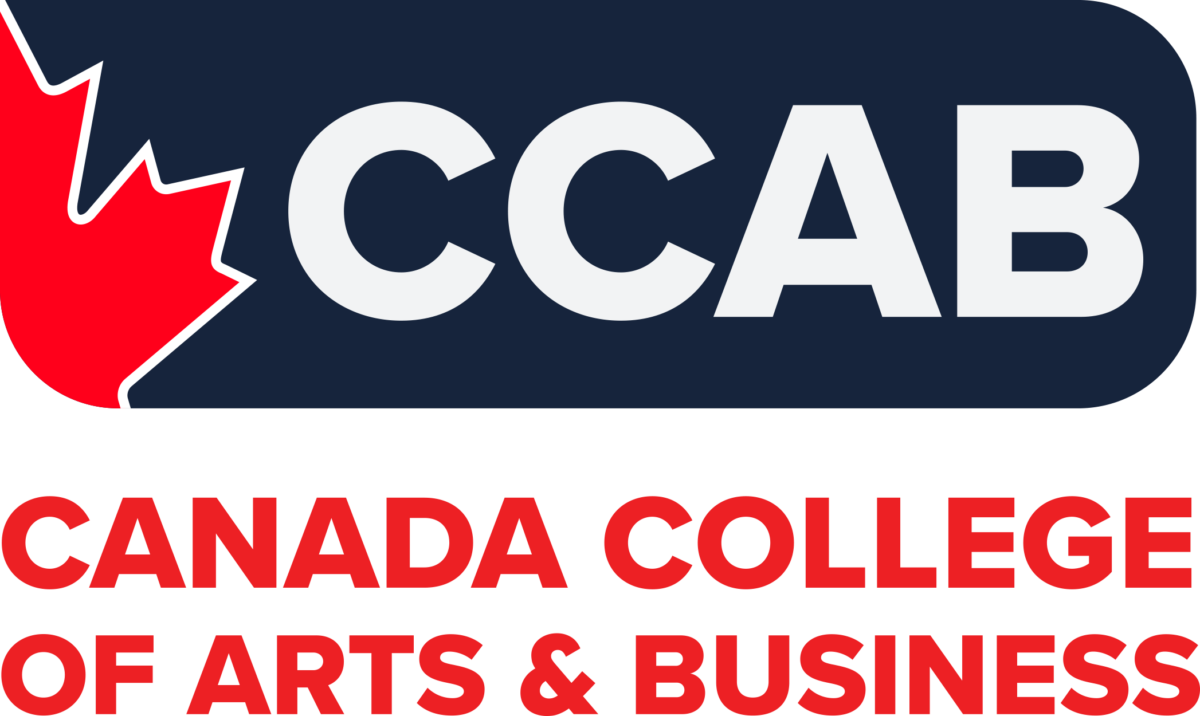NEWS
Explore More
The Evolution of Education in British Columbia

Post-Secondary Education is a critical part of Canada’s educational framework, providing students with the skills and knowledge required to succeed in a competitive global economy. From vocational training, to University Degrees, post-secondary institutions in Canada have a key role in shaping the future workforce.
The role of post-secondary education
- Skill Development: Post-secondary education equips students with specialized skills that are essential for various professions. Whether these are technical or thinking skills, these competencies are crucial for career success.
- Economic Growth: Higher education contributes significantly to Canada’s economic growth. Graduates from post-secondary institutions are more likely to be employed and earn higher wages, which in turn boosts the economy. Moreover, research and innovation done by Colleges and Universities lead to technological advancements and new business opportunities.
- Social mobility: Access to post-secondary education is a key factor in promoting social mobility. It gives individuals from diverse backgrounds the opportunity to improve their socioeconomic status and achieve their personal and professional goals.
- Lifelong learning: This concept is increasingly important in today’s rapidly changing world. Post-secondary institutions offer a range of programs and courses that allow individuals to continuously update their skills and knowledge throughout their careers.
Challenges and Opportunities
While post-secondary education in Canada offers many benefits, it also faces several challenges, including:
1- Accessibility: Ensuring that post-secondary education is possible to all Canadians, regardless their financial situation, is a significant challenge. Student loans and Grants are essential in making education more affordable.
2- Equity and inclusion: Promoting equity and inclusion within post-secondary institutions is critical. This includes addressing issues such as gender disparities, supporting indigenous students and creating an inclusive environment for all students.
3- Internationalization: Attracting International students and fostering global partnerships are important for the growth and diversification of Canadian post-secondary institutions. This internationalization enhances the educational experience and provides students with a broader perspective.
At CCAB College we recognize the importance of post-secondary education and are committed to providing high-quality programs that meet the needs of our students. Our college offers a range of programs that prepare students for successful careers in various fields.
